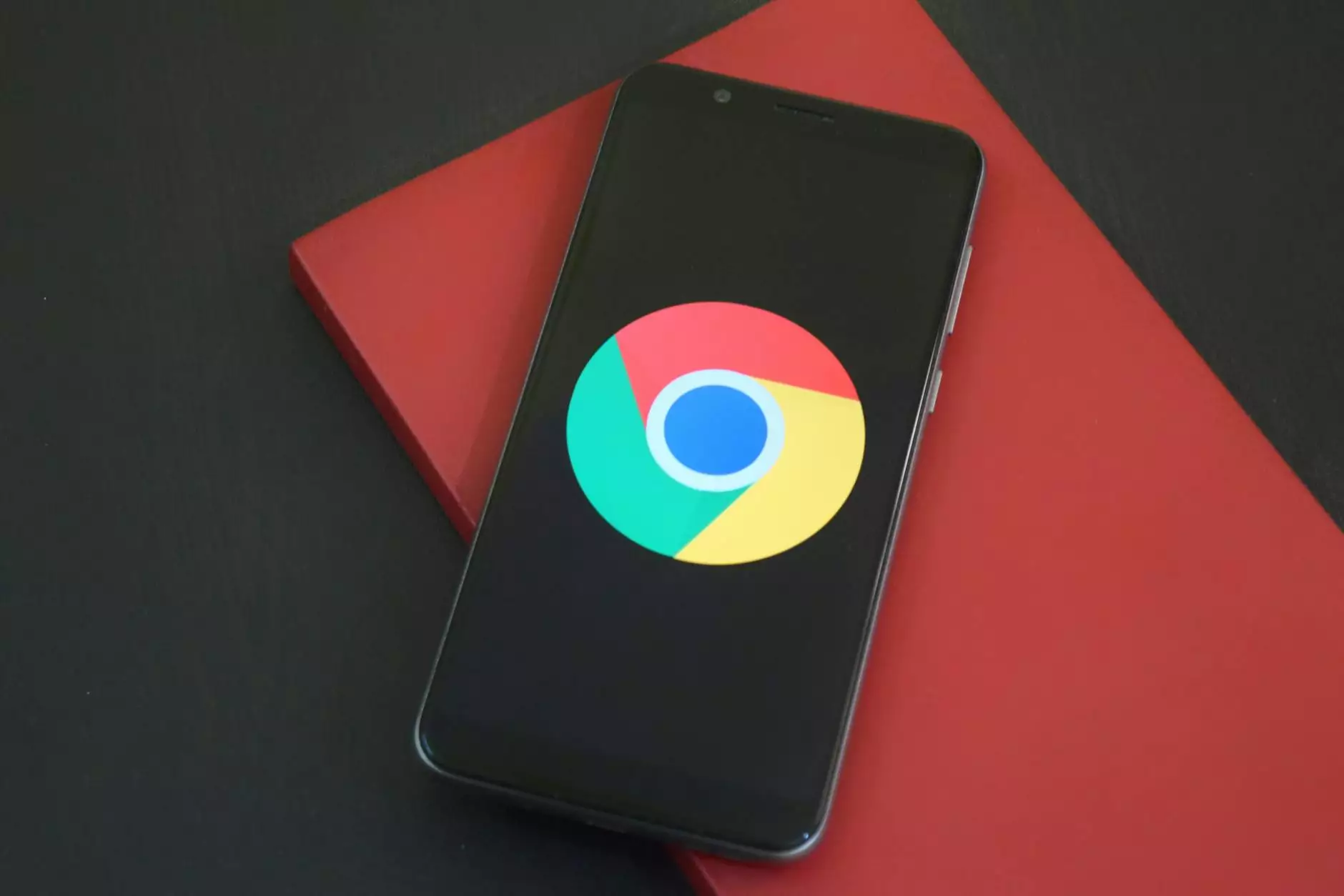How to Determine How Much to Spend on PPC Advertising

Introduction
Welcome to Moose N Otter Productions, your trusted partner in helping you navigate the world of PPC advertising. In this comprehensive guide, we will discuss the key factors to consider when determining the ideal budget for your PPC advertising campaigns. With our expert insights and practical tips, you'll be able to make informed decisions that maximize your return on investment (ROI).
Understanding PPC Advertising
PPC (Pay-Per-Click) advertising is a powerful online marketing strategy that allows businesses to drive targeted traffic to their websites. Unlike traditional advertising methods, PPC enables you to pay only when a user clicks on your ad. This cost-effective approach provides valuable exposure, increases brand visibility, and drives potential customers to your website.
Factors to Consider
1. Goals and Objectives
Before allocating your budget, it's crucial to define your goals and objectives. Are you aiming to increase website traffic, generate leads, boost sales, or enhance brand awareness? Each goal requires a different approach and budget allocation. Identify your primary objective and align your PPC advertising goals accordingly.
2. Target Audience
Understanding your target audience is key to running successful PPC campaigns. Conduct thorough market research to identify your audience's preferences, demographics, and online behavior. This knowledge will help you tailor your ads, select relevant keywords, and optimize your campaigns for maximum impact.
3. Keyword Research
Keyword research is the foundation of a successful PPC campaign. Invest time in researching relevant keywords that align with your products or services. Utilize keyword research tools and consider factors like search volume, competitiveness, and relevance. A well-optimized keyword strategy ensures your ads are shown to the right audience at the right time.
4. Competition Analysis
Competitor analysis plays a vital role in determining your PPC budget. Analyze your competitors' ads, landing pages, and bidding strategies. By understanding their strengths and weaknesses, you can gain valuable insights and adjust your approach accordingly. This knowledge will also help you estimate the budget required to stay competitive in the market.
5. Ad Quality and Relevance
Creating compelling and relevant ads is essential for a successful PPC campaign. Focus on crafting engaging ad copy, utilizing ad extensions, and incorporating compelling visuals. A high-quality ad with relevant content increases your chances of attracting clicks and conversions, maximizing the value of your budget.
6. Campaign Optimization and Monitoring
PPC advertising is an ongoing process that requires constant monitoring and optimization. Regularly review your campaign performance, track key metrics like click-through rate (CTR), conversion rate, and cost per acquisition (CPA). Adjust your bidding, targeting, and ad copy based on data-driven insights to ensure optimum campaign performance.
Calculating Your Budget
Now that you understand the key factors to consider, let's dive into the process of calculating your PPC advertising budget. While there is no one-size-fits-all approach, the following steps will help you determine a budget that aligns with your business goals:
Step 1: Know Your Business Metrics
Start by analyzing your business metrics, such as average customer lifetime value (CLV), conversion rate, and profit margin per sale. These insights will provide a solid foundation for estimating the maximum amount you can spend on acquiring a new customer through PPC advertising.
Step 2: Set Budget Allocation Percentage
Determine the percentage of your overall marketing budget that you are willing to allocate to PPC advertising. This decision will depend on various factors such as your industry, competition, and growth goals. While there is no fixed rule, it is recommended to allocate a portion of your budget to test and optimize your PPC campaigns regularly.
Step 3: Calculate Cost Per Click (CPC)
Estimate the cost per click (CPC) in your industry and target market. This can be done by using keyword research tools or consulting industry benchmarks. Multiply the estimated CPC by the number of clicks you anticipate per month to calculate your monthly budget estimate.
Step 4: Start with Small Tests
When starting with a new PPC campaign, consider allocating a smaller portion of your budget for initial testing. This allows you to gather data, identify potential optimization areas, and make data-driven decisions without risking a significant budget. Gradually increase your budget as you refine your campaigns and see positive results.
Step 5: Continuous Optimization
Remember that PPC advertising is an iterative process. Continuously analyze your campaign performance, experiment with different ad formats, refine your targeting, and optimize your landing pages. By monitoring results and making data-driven optimizations, you can maximize the efficiency and effectiveness of your PPC campaigns.
Conclusion
Determining the ideal budget for your PPC advertising campaigns is a crucial step in driving targeted traffic and achieving your business goals. By considering factors like goals, target audience, keywords, competition, and ad quality, you can make well-informed decisions that maximize your PPC advertising ROI. Remember to continuously monitor, optimize, and adjust your campaigns based on data-driven insights. At Moose N Otter Productions, we are here to guide you through this process and help you achieve success in the world of PPC advertising. Contact us today to discuss your PPC advertising needs and take your online presence to the next level!
© 2021 Moose N Otter Productions. All rights reserved. | Arts & Entertainment - Visual Arts and Design









